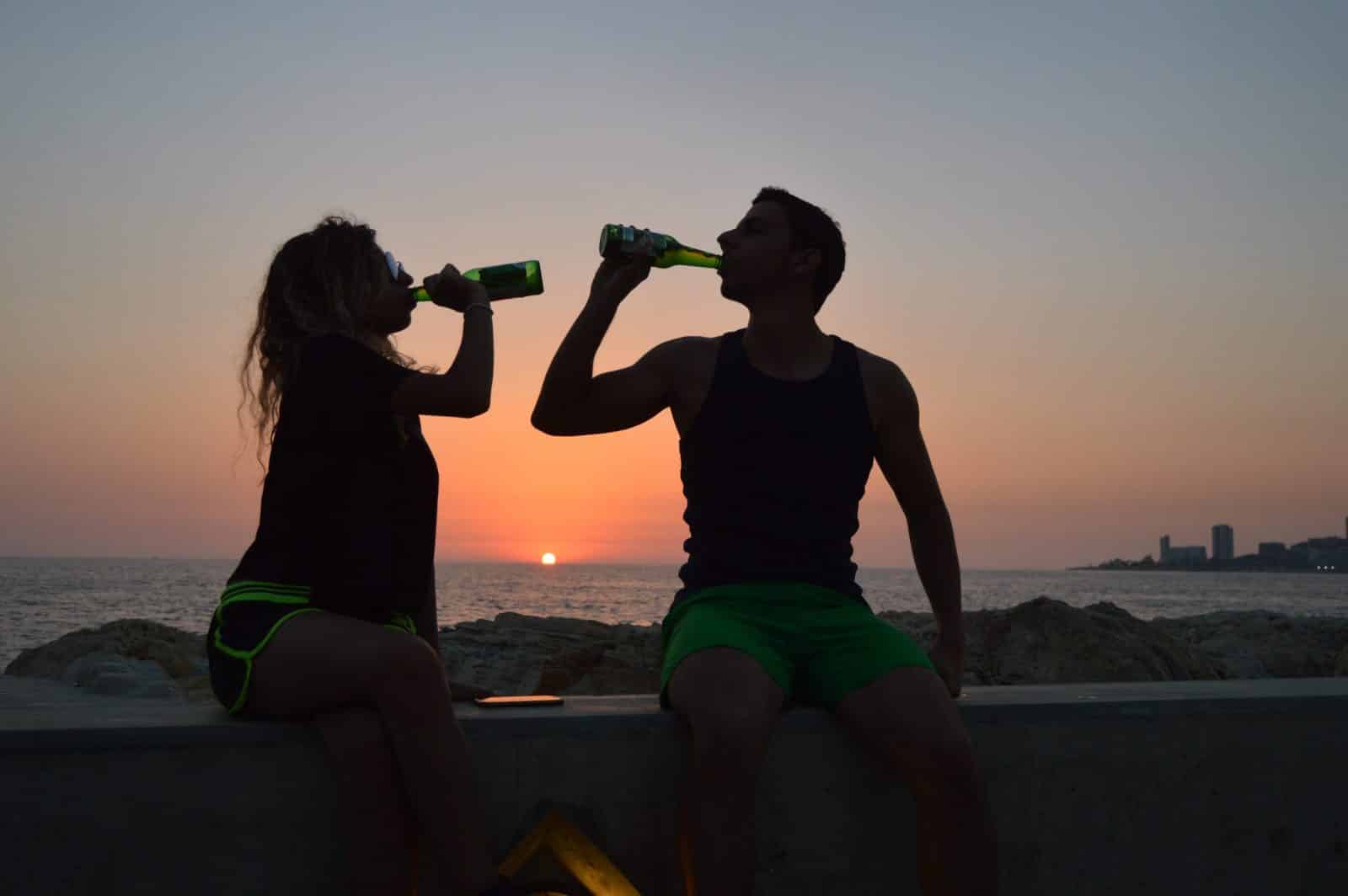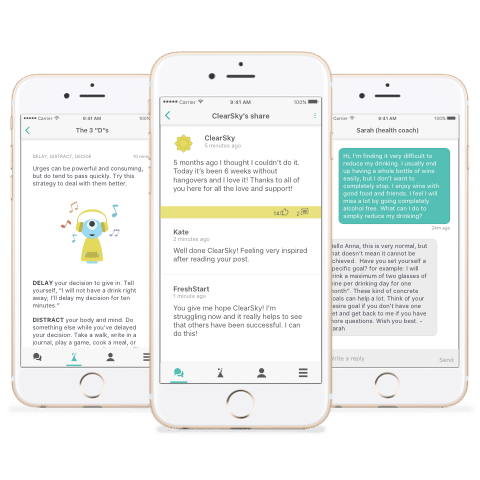The NIAAA defines a binge drinker as someone who consumes more than five standard drinks in one sitting. If every Australian was asked to put their hand up if they know someone who has had this many drinks on a weekend (or if they do themselves), it would probably look like a national Mexican wave.
When we think about binge drinking, often we imagine teenagers or young adults downing pints of beer or spirits, and getting into tricky situations, having to go to hospital, making regrettable decisions and generally being pretty messy. One thing that might surprise you is that, statistically, some groups of older adults are alongside their younger counterparts in being classified as ‘binge drinkers’.
Binge drinking is something that many older adults might be in the habit of doing, either at home with their partners, or while out with friends. Think about barbecues, dinner parties, long lunches … situations where there is lots of alcohol available, no real limits on time, and surrounded by others who are drinking similar quantities.
Drinking to celebrate or ‘cut loose’
Often in these situations it is expected that people will be drinking to get drunk, and drunken behaviour is either tolerated or celebrated – maybe it is part of a bonding experience or a way to relax. Often it is something that we don’t really think of as being unusual or problematic if it is all around us and everyone is doing the same thing. Sometimes it is only when we start to experience the harms of binge drinking, like health issues, mood issues the following day, or consequences from decisions made when drinking, that we might consider making changes.

Binge drinking amongst older adults has been in the spotlight lately, most notably for the fact that as we get older, our bodies respond differently to alcohol and so drinking to excess can have much more significant effects than when we were younger. In addition to this, there are all the other risks that arise when we are drinking to excess. Things like falling over, risky behaviour, drink driving or even getting involved in altercations. Adults who are binge drinking might describe feeling really ashamed about some of the situations they find themselves in, saying things like;
‘I should know better, I’m an adult!’, or ‘I can’t believe I got so bad, I’m really embarrassed’.
As adults we like to feel in control and often have lots of responsibilities and so it can be frightening to find ourselves in situations where we can’t remember what happened, or being told that we behaved in a certain way because of alcohol.
The health effects of binging
Doctors will often advise those over 50 to moderate their alcohol consumption, with an increased risk of all types of cancer, heart disease, diabetes, kidney and liver disease seen in high-risk drinkers over this age. For us, we see a lot of Daybreak members making the decision to step away from binge drinking around this age. This is due to a number of reasons, including health, mood, and also a desire to socialise in a more moderate and balanced way. Many people actually find that when they cut back on their drinking, social occasions are a lot more manageable (fewer hangovers and consequences) and they will be able to focus on interacting with friends and loved ones, rather than drinking to excess.
If you think you’re at risk of binge drinking, or you fit into the category of someone who is drinking in excess regularly, here are some ideas to start to make changes:
Monitor your drinking for a week – just keep track of how much you drink by taking note on your phone. Consider how much you’d like to be drinking and how much would be reasonable for you to aim for. Consider the situations in which you might be wanting to drink less and the situations where no change is needed.
Try implementing some replacement behaviours – like soda water or even low-alcohol beer or wine, to see if this will help to reduce the amount you are consuming in a session. Even a few glasses of soda water with lime is going to help your body to process alcohol if you are drinking. Often we tend to binge when those around us are drinking heavily, there are no limitations, and we are drinking on an empty stomach, so see if you can address these issues.
Take note of the ‘culture’ in your friendship group – is it around getting drunk together, and if so, what might you like to change about this? Sometimes this can be the biggest challenge – saying no to that extra drink and needing to explain that you are cutting back, and why. Try experimenting with this and some possible reasons you may have for cutting back, including health, or even saying ‘I’m taking a break for a while, to see what it’s like without alcohol’.
Talk to those around you about creating goals– for reducing the amount you are drinking. Discuss with them how much is ‘enough’ and what kind of relationship with alcohol you might like to form. Maybe your partner or friends are also noticing the cumulative effects of alcohol on their bodies and mood. Perhaps consciously changing the drinking culture in your home might help turn things around and give you a boost.
Consider situations where you generally don’t drink as much and look at what helps in that situation – is it knowing you have a limit (e.g. driving), or is it situations where you’ve eaten beforehand, or are with people you know aren’t big drinkers? See if you can use these existing situations to inform future plans. Similarly, consider the situations where you tend to drink heavily, what is happening there? Is there an expectation that you’ll drink, and a situation that supports this (e.g. staying overnight, unlimited alcohol).
Ensure that if you are going to a party or social event, that you have eaten – or are going to eat something to balance the effect of alcohol on your stomach. Many people will experience gastrointestinal issues as a result of drinking on an empty stomach, this means that the alcohol impacts us more quickly, as well as irritating the stomach lining and leading to further health issues.
If you find you need extra support to help you change, check out Hello Sunday Mornings’ mobile behaviour change program, Daybreak.









